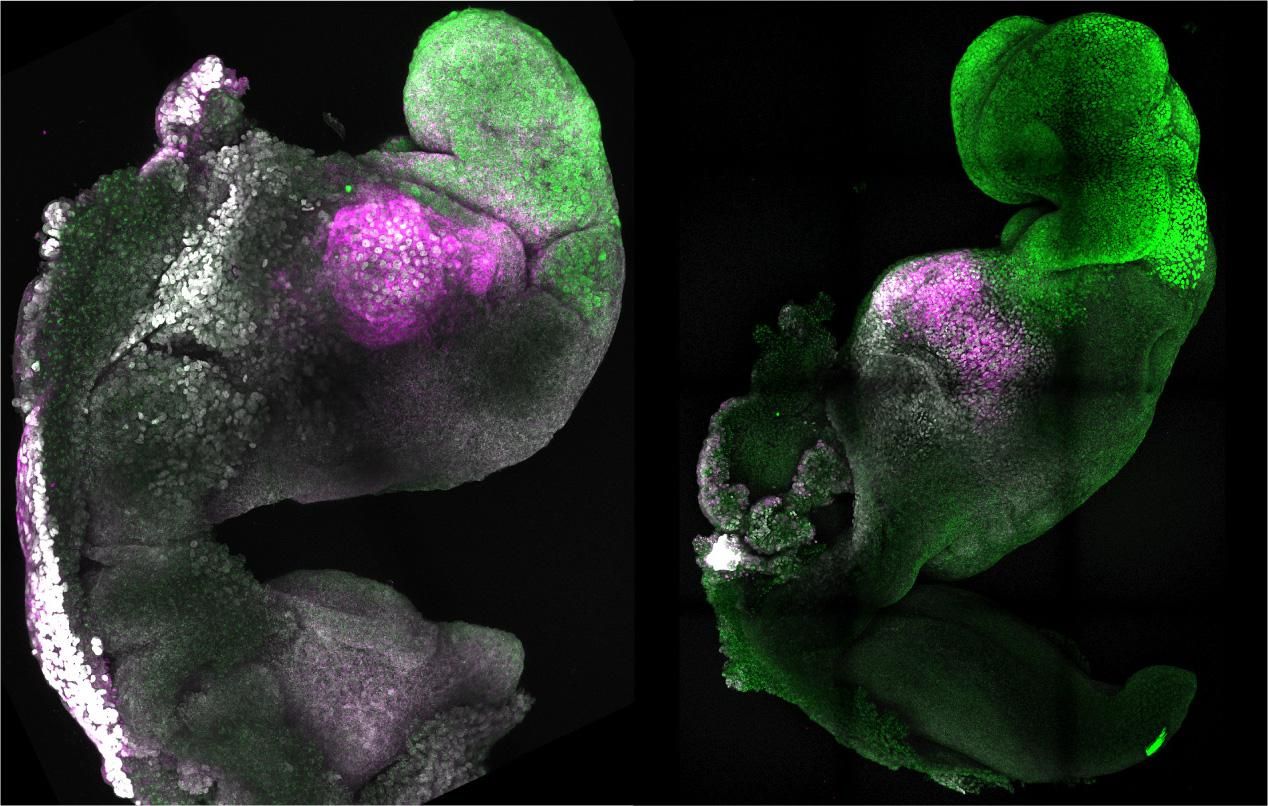
Although there’s now enough monkeypox vaccine to go around, the Americans who need it most still may not be getting it, a new report shows. Only 10% of the Jynneos vaccine doses have been given to Black people, even though they make up a third of U.S. cases, new data from the U.S. Centers for… read on > read on >


















